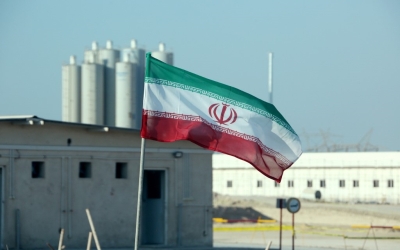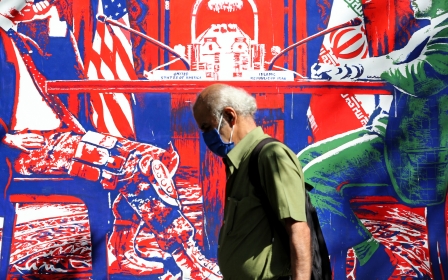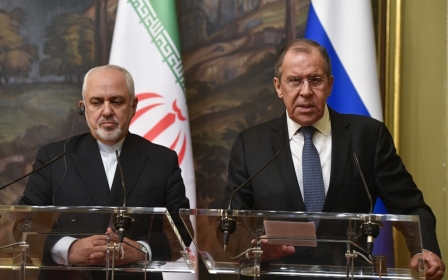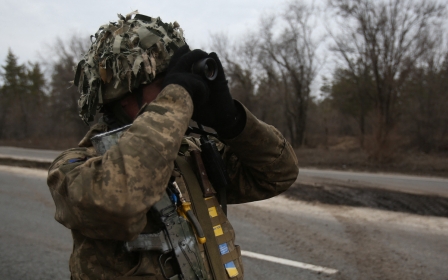How will the Russia-Ukraine war affect Iran nuclear talks?
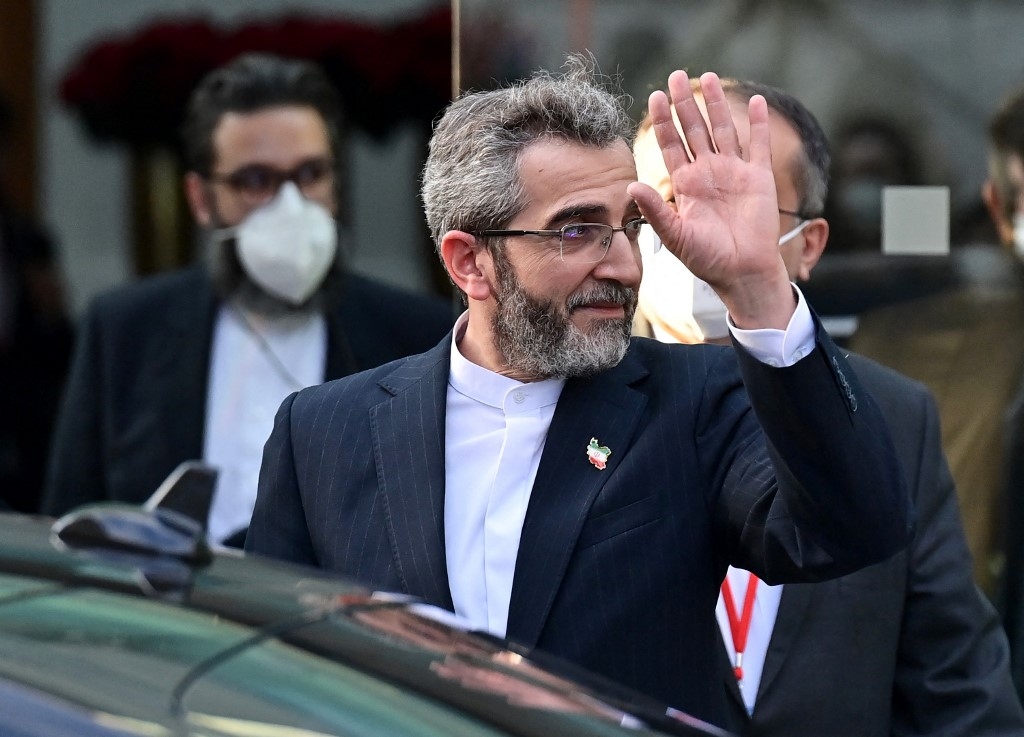
Over the past year, eight rounds of extensive negotiations have taken place in Vienna, in the hope of reaching a final agreement on the Iran nuclear deal. But the Russian invasion of Ukraine, which began on 24 February, has shifted the world’s attention, and it remains unclear how this unfolding war will affect the Vienna process.
Under the nuclear deal initially reached in 2015, western powers lifted sanctions on Iran in exchange for Tehran’s compliance with defined regulations and protocols, including decreasing its uranium enrichment capacity. But although Iran complied with these terms, the Trump administration opted to unilaterally withdraw from the deal in 2018 and to reimpose even harsher sanctions.
Khamenei blamed the US for laying the groundwork for the conflict by interfering in Ukraine's internal affairs
The election of Joe Biden as US president in 2020 marked a turning point, as his administration expressed its willingness to return to the deal. While tensions persisted through subsequent rounds of talks last year, it was hoped that the parties would wrap up negotiations by February. But with the outbreak of war in Ukraine, the timeline is now unclear.
Russia’s invasion of Ukraine, sparked amid Russian fears that its neighbour could become a member of the Nato security alliance, has led to a worldwide economic and political backlash against Moscow. Iran’s supreme leader, Ayatollah Ali Khamenei, blamed the US for laying the groundwork for the conflict by interfering in Ukraine’s internal affairs.
Iran’s foreign minister, Hossein Amir-Abdollahian, also said he believed the Ukraine crisis was caused by Nato’s “provocations” in Russia’s backyard. These comments are not surprising, considering Iran’s strategic alliance with Russia and its problematic relations with the West.
New MEE newsletter: Jerusalem Dispatch
Sign up to get the latest insights and analysis on Israel-Palestine, alongside Turkey Unpacked and other MEE newsletters
Critical timing
Meanwhile, as Russia’s military operations continue to escalate, Iranian interests are being hindered by the ongoing absence of a nuclear deal. Iran’s top priority is the removal of economic sanctions, which have caused tremendous suffering for the Iranian people and their government.
The timing of the Vienna talks is crucial due to the approach on 21 March of the Iranian new year, Nowruz - an almost month-long holiday that would effectively halt the finalisation of any deal. The West is also wary of prolonging negotiations, amid fears that Iran’s continuing nuclear progression could render meaningless the terms of the original deal.
On Monday, just days after the Ukraine crisis broke out, a French foreign ministry spokesperson said there was “critical urgency to conclude the negotiations this week”.
The same day, negotiating parties reconvened in Vienna to continue their discussions, as both Russia and the US expressed optimism about reaching a final agreement.
Two possible scenarios could follow in the days ahead. The first is that, due to time constraints, the parties will be unable to conclude the deal before the Persian new year, drawing the process out longer and adding to Iran’s ongoing economic burden.
The second possibility, which could greatly benefit Iran, would see the new restrictions on Russia spur Europe and the US to quickly reach a deal.
Iran could function as an energy superpower, with some of the world’s largest oil and gas reserves. The return of Iranian oil to global markets would relieve the international supply crisis, easing some of Europe’s distress.
Either way, the coming weeks will prove crucial to the future of any possible deal.
The views expressed in this article belong to the author and do not necessarily reflect the editorial policy of Middle East Eye.
Middle East Eye delivers independent and unrivalled coverage and analysis of the Middle East, North Africa and beyond. To learn more about republishing this content and the associated fees, please fill out this form. More about MEE can be found here.



